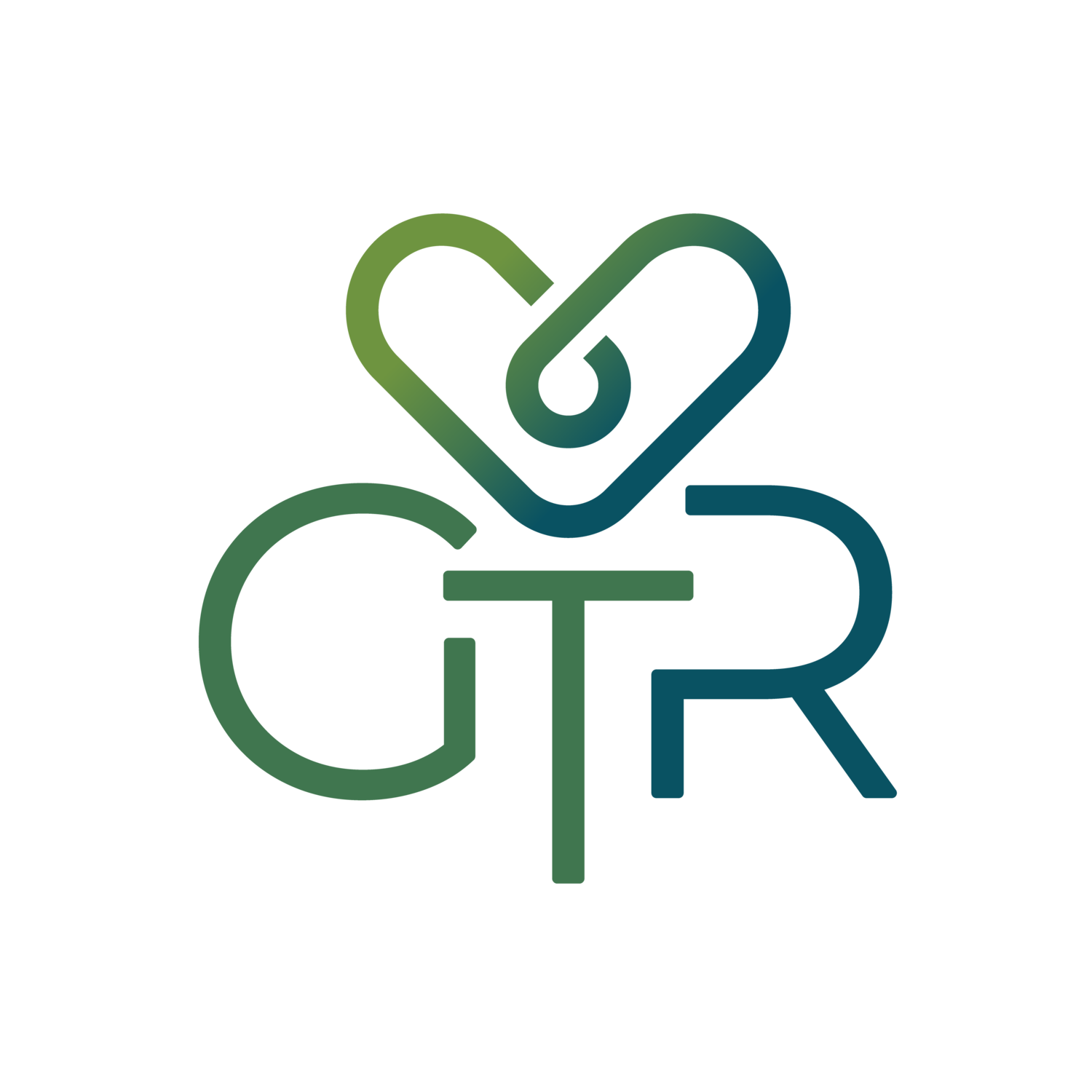Connecting Cultures to Trusted & Authentic Care
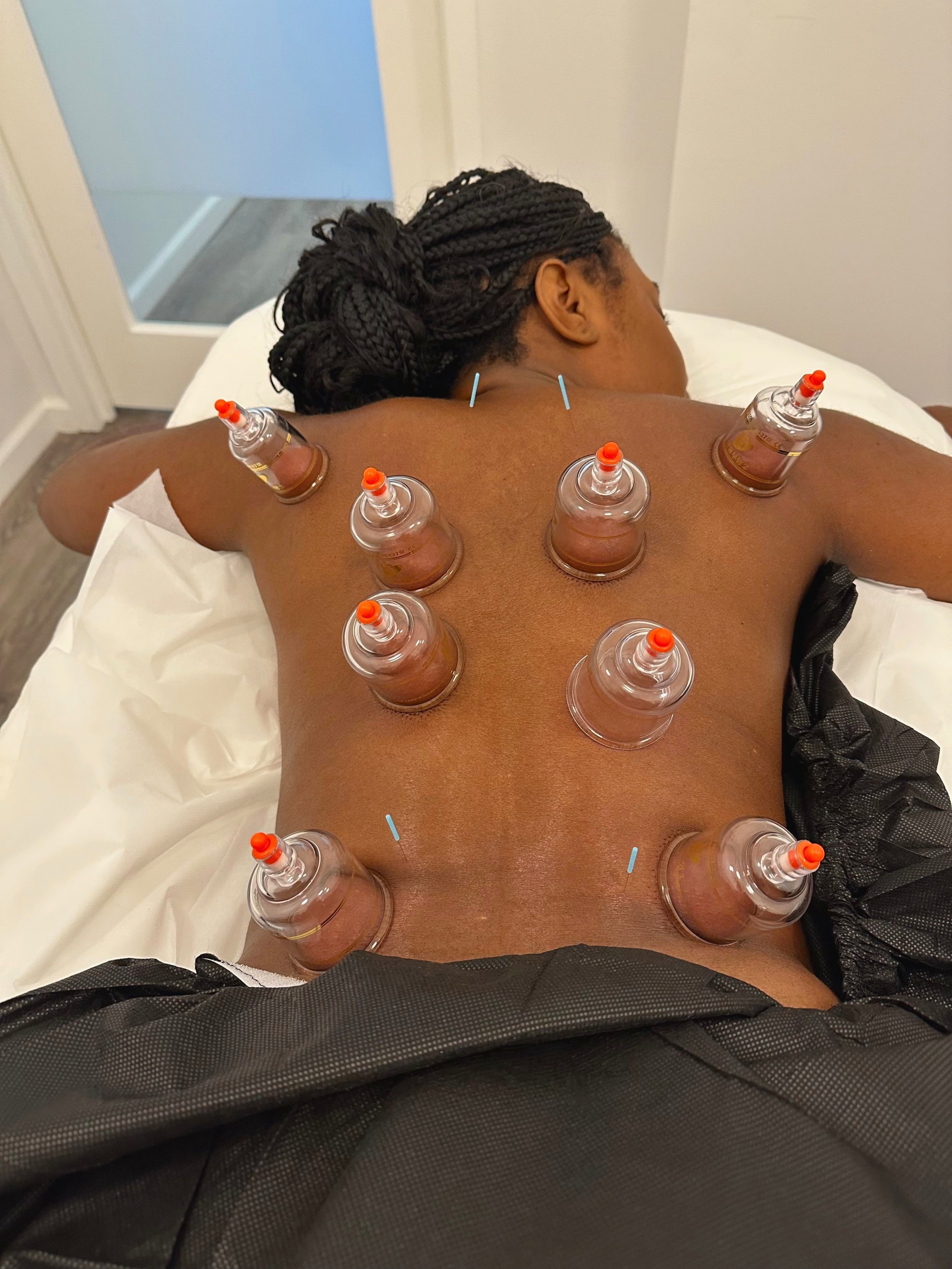
Cupping at GTR
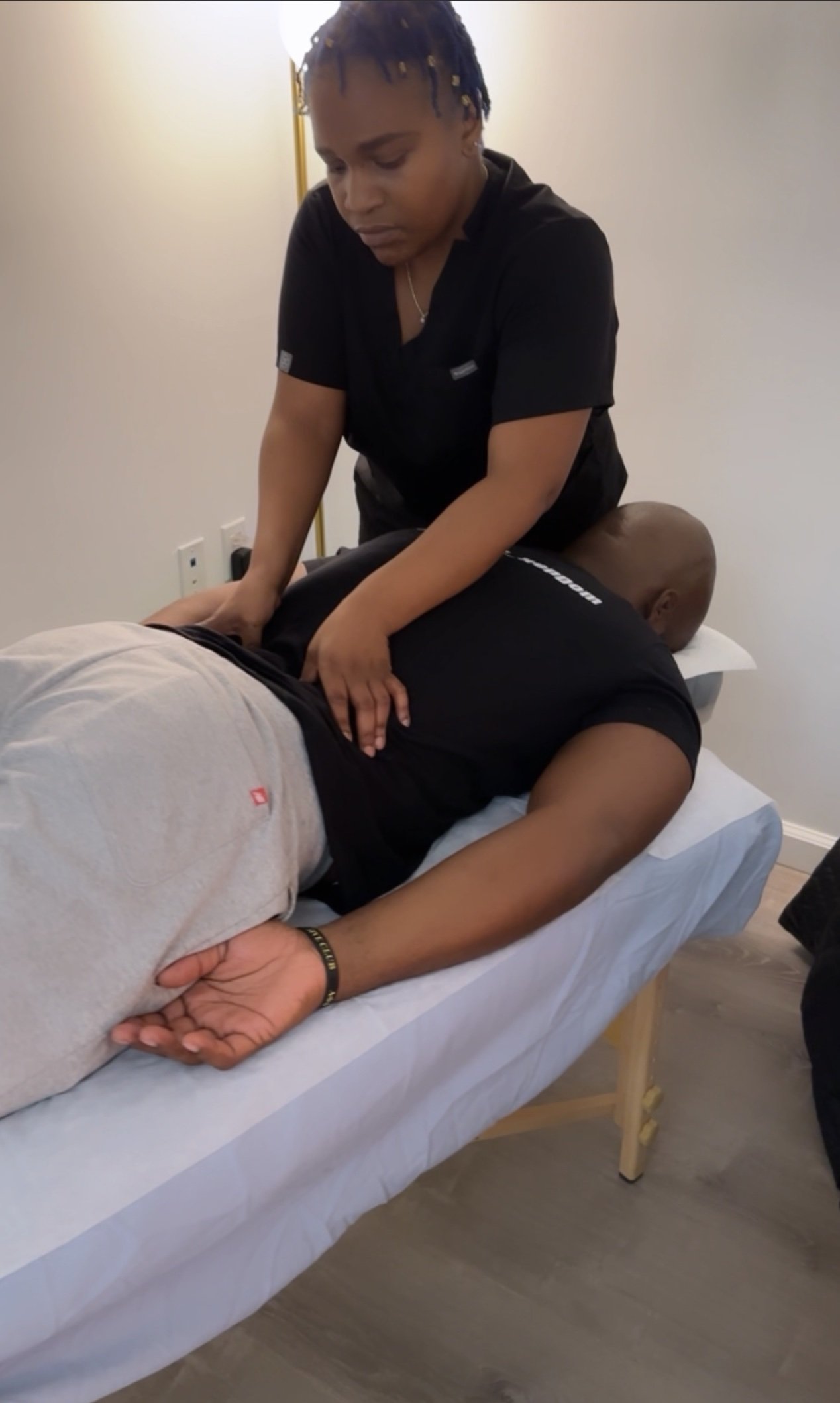
Massage at GTR
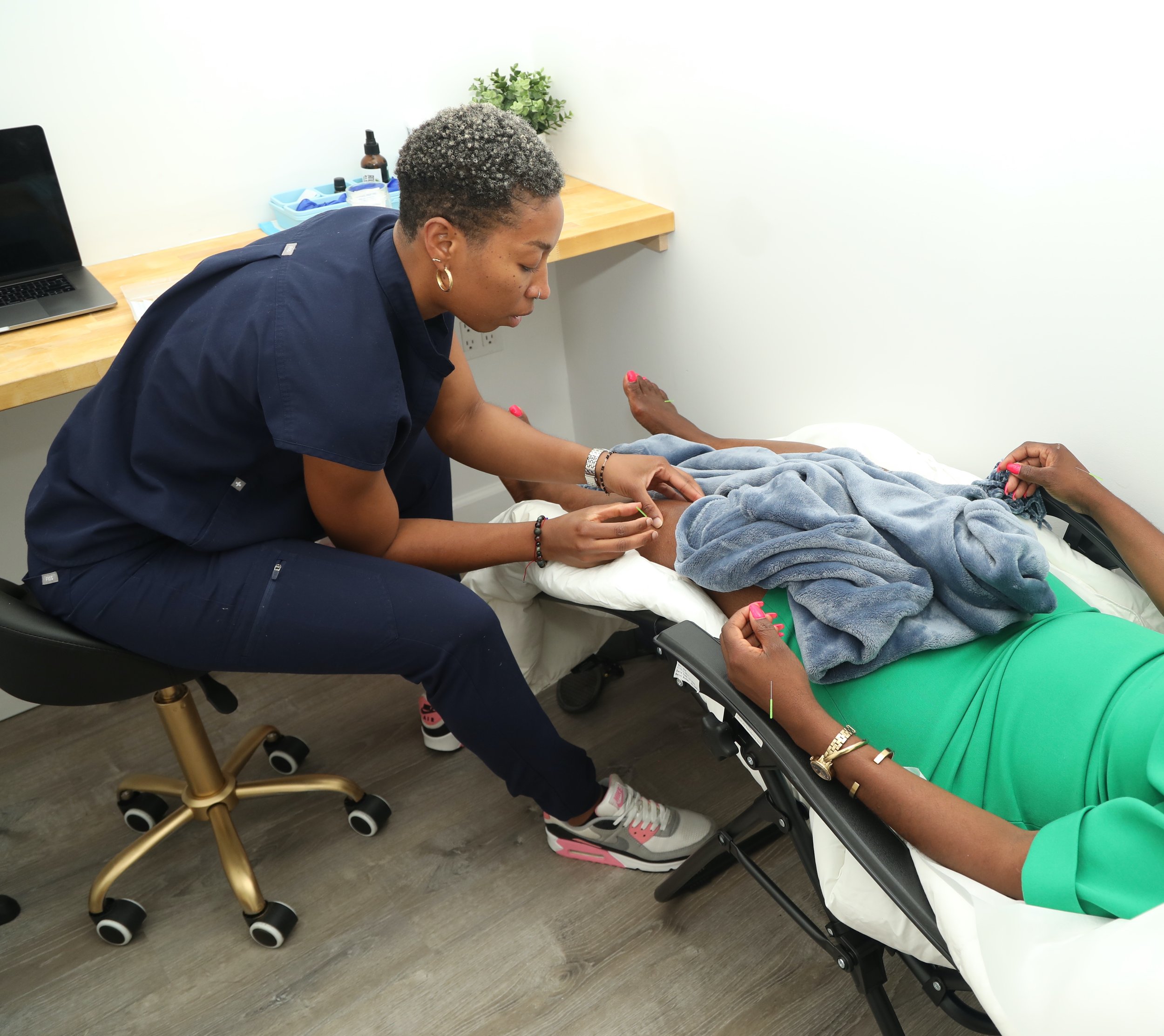
Acupuncture at GTR

Indigenous Healing at GTR
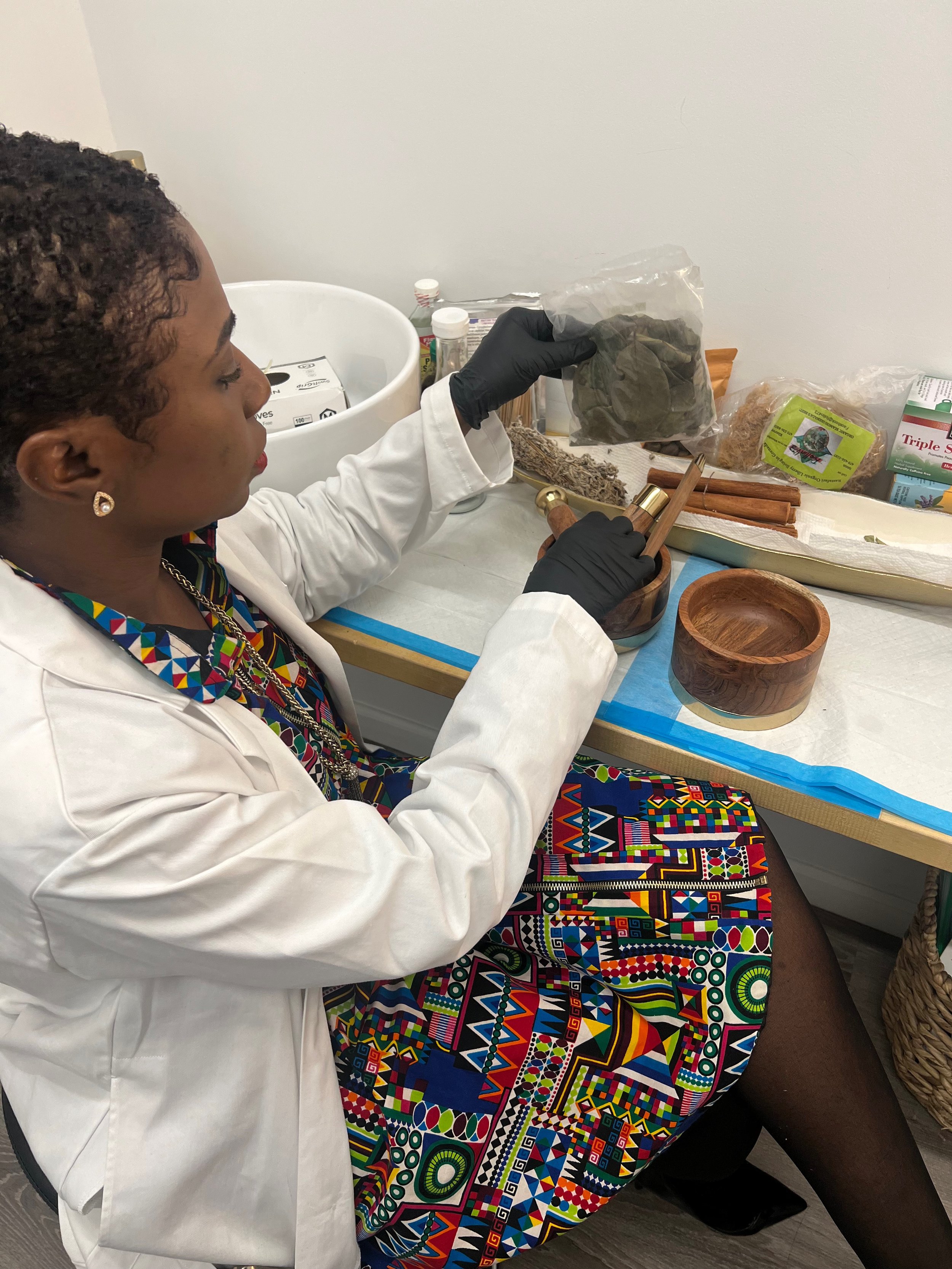
Herbal Medicine at GTR

Soundbowl Therapy at GTR

We can help.
Our mission is to provide accessible and culturally responsive trauma, mental health, and education services to underserved populations.
Being able to connect our communities to actionable and relevant care that reflects who they are as a person is what we always set out to do. Our trauma expertise is expanded through unique, effective and strategic training services in the greater NYC area.
Education
Our interactive and strategy-based workshops, presentations, and community training connect individuals to a toolbox of tactics leading to healing, trauma-informed care, and evidence-based practice. These international and national programs include our Trauma Project and our Business Development training cultivated for Therapists of Color.
Research
Our distinct and diverse team is highly invested in building knowledge and understanding that will directly impact those we help to thrive and prosper. Our team is constantly seeking new innovations in trauma care, mental health, preventative measures, counseling, and culture-based strategies.
Counseling
Our leading trauma experts practice the latest and most culturally sound approaches in our therapeutic services for both group counseling and one-on-one resources. Each offering is tailored to the client's specific needs, such as indigenous healing, and alternative techniques.
Support
Every offering we create is engaging, accessible, and uplifting for our community members. We go beyond what traditional counseling and educational services look like to form experiences our clients can look forward to and feel the impact upon completion.
We’re doing a lot more to reshape lives in our communities.
Want to see what that looks like?
The History of GTR
-

Old Logo
GTR’s original logo was created in 2014. The intention at the time was to capture the globe, colors that represent calm and peace, as well as the multiple services provided. The old logo also illustrated unity, community, and trust with hand holding and a heart.
-

New Logo
In 2021, GTR’s new logo is simplified while maintaining the original elements of earth and it’s power and ability to heal and sustain - highlighted by the soothing colors of blue and green that represent water and trees. The heart was transformed into a love chip, that represents GTR's unbounded unity and connection.
The History of GTR chronologically
2010
In 2010 New York City (NYC) saw a drastic shift to host African, Caribbean, and Asian immigrants rather than European newcomers. This shift took over 40 years, where there was a wave of Haitian, Caribbean, and African immigrants taking up residence in New York City. The target population of GTR largely resided in New York City's Brooklyn (which is home to a large population of foreign-born individuals).
Aware of the needs that certain cultural groups may have, the New York State (NYS) Office of Mental Health noted “linguistic minorities have to cope with severe limitations in the availability of linguistically appropriate services.” As such, to address needs such as those mentioned above, the four major goals of New York State Office of Mental Health’s Cultural Competence Strategic Plan in 2010-2014 (NYS Office of Mental Health, 2014) included:
- Increasing awareness of special needs of cultural groups and gaps in their access to and receipt of services.
- Increasing acceptability and effectiveness of current services for cultural groups through language accommodations.
- Increasing acceptability of services to group by employing treatment staff reflective of diversity of service recipients.
- Ensuring administrators as well as staff at all levels are educated with respect to specific needs of the cultural groups.
An idea was born in the midst of this. In 2010, Brooklyn native, Dr. Florence Saint-Jean began provding mental health advocacy and trainings and called it, "The Trauma Project."
2012
The Trauma Project continued to provide trauma trainings for Caribbean and African layworkers. Initially providing community-based trauma-informed trainings in Brooklyn, NY, as well as developing countries such as Haiti, Dr. Saint-Jean and the other volunteers on the team were approached by many community leaders in NYC regarding the need for not only indirect services but also direct care.
The team conducted extensive research and facilitated focus groups and surveys, and met with Caribbean and African religious and community leaders, community constituents, as well as politicians– which led to supporting facts for direct care. Emerging themes came out of the focus group such as: need for increase language capacity, belonging, cultural support, acceptance, inclusion, mental health denial, government anger, distrust in medical providers and hospitals, etc.
2014
As a trusted, long-time mental health provider of New York City and with many professional networks, Dr. Saint-Jean decided to continue this work by addressing these concerns. Moving the “Trauma Project” to a formal organization – Global Trauma Research (GTR) was formally incorporated in October 2014, with the goal to increase access to culturally responsive trauma counseling and education services to underserved communities.
During that time, the need for GTR’s work in NYC was great. According to a 2014 NYC Community Health Survey, 15.1% of foreign-language (except Spanish) speakers in Brooklyn said they had been told by a doctor, nurse or other health professional that they had depression, compared to an estimated 12.4% of English speakers and 13.4% of Spanish speakers. Home to a large immigrant population, the ACS Community Survey estimated that approximately 10.1% of Brooklyn’s East Flatbush was of Haitian descent, with Haitian-born individuals representing 8.9% of East Flatbush’s population, compared to 2.3% of Brooklyn’s population. Furthermore, approximately 10.9% of residents spoke French or Haitian-Creole, which included those of African descent (NYU Furman Center, 2015).
In 2014, GTR's team wanted to fully understand the mental health disparities for the community, and completed a thorough analysis, including outreach to mental health clinics that should have been able to serve Haitian-Creole, French, and Spanish speaking refugees and trauma survivors. The analysis yielded minimal results. Based on OMH’s Competency Plan, the team called (at least twice) all the Brooklyn clinics, and analyzed their capacity to serve this population with culturally competent services, with at a very minimum - language capacity, wait time to see a professional, and specialty training.
The team found that of the 43 outpatient adult sites serving central Brooklyn, there was a gap in cultural capacity:
- 2 had Haitian-Creole therapists
- 2 had French therapists
- 13 had Spanish speaking therapists
- 2 had Haitian-Creole speaking psychiatrists
- Zero had a French speaking psychiatrists
- Zero were able to answer the question of specialized refugee and trauma training.
For a borough that housed so many immigrant groups with high incidences of limited English proficiency, but with only six of 43 licensed OMH sites in Brooklyn able to serve all these individuals, this created a disproportionate and great unmet need for mental health services.
2015
In 2015 GTR reacognizes that more than 2.5 million Caribbean immigrants were living in NYC, most coming from Spanish and Creole speaking countries. GTR therefore began partnering with community based organizations and established an Article 31 clinic.
2016
GTR provides individual and group counseling and psychiatry services to New York City residents.
2020
GTR moves to a more centralized location in Brooklyn - 2329 Nostrand Avenue where community residents can access GTR via public transportation.
COVID-19 pandemic is annouced and GTR steps in to provide weekly telehealth healing sessions. GTR's team appear as guest speakers at many online (Facebook, Instagram, and Zoom) live events.
2021
GTR adds an additional office space scross the street on 2356 Nostrand Ave. This new space provides innovative treatment opportunity such as EMDR, art and play therapy, acupuncture, massage, and much more.
GTR continues to provide layworker training and expands services to substance misuse intervention and maternal health.
GTR rebrands and modifies its mission statement to a simplicity - stating "providing accessible and culturally responsive trauma, mental health, and education services to underserved populations."
GTR continues the rebrand - updates their website and changes its logo to reflect the the way the organization has changed and grown over the years. GTR's new logo maintains the original elements of earth - highlighted by the soothing colors of blue and green that represent water and trees. It reminded the team of the earth's power and ability to heal and sustain. The heart was transformed into a love chip, that reprrsented GTR's unbounded unity and connection.
2022
GTR offers the very needed:
- Individual and Group Counseling: for Caribbean, African, Asian, and underrepresented BIPOC – using a holistic approach that integrates advocacy, trauma-focused recovery, alternative techniques (such as play, music, and art), and indigenous healing.
- Satellite Support Groups: in non-traditional settings individuals feel comfortable in such as churches, community centers, and virtual (i.e., platforms such as zoom). These groups are also conducted by licensed mental health professionals with a high focus on COVID-19, fear of the vaccine, grief, hate crimes, and immigration issues.
- Linguistic Trainings and Outreach Education: in non-traditional settings such as churches, community centers, parking lots, etc. These activities will also be conducted by licensed mental health professionals and challenge mental health stigma and access to care.
2023
GTR understands the need for alternative medicine. Using indigenous healing, GTR diversifies services to include:
- Acupuncture
- Reiki
- Massage
- Herbal Teas
